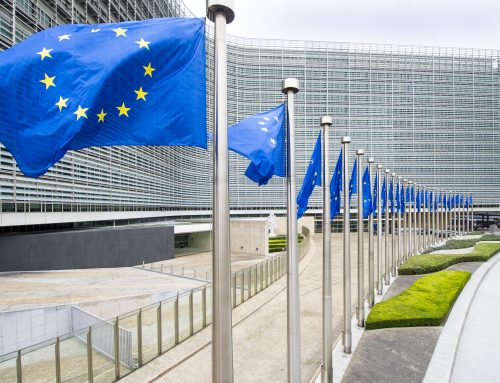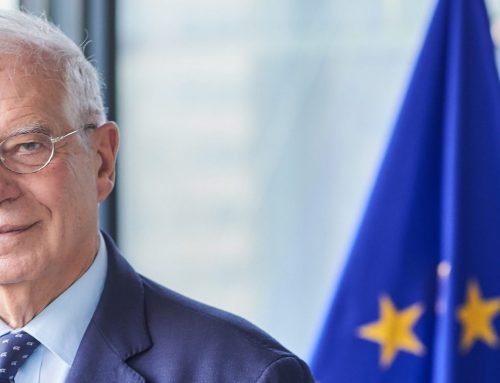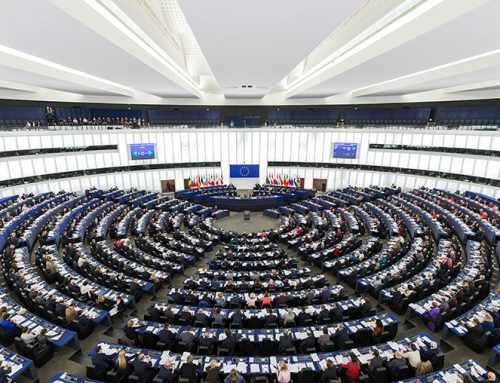The European Parliament and the Council reached a provisional agreement today on the European Commission’s proposals of December 2015 regarding the online sales of goods and supply of digital content and services. In conjunction with the regulation to end unjustified geoblocking that entered into force in December 2018, the new agreement on digital contract rules is the latest achievement of the Digital Single Market Strategy, delivering concrete benefits to citizens and businesses.
Andrus Ansip, Vice-President for the Digital Single Market, and Věra Jourová, Commissioner for Justice, Consumers and Gender Equality welcomed the agreement with the following statement:
“As a consumer, one of the biggest benefits of the EU’s Digital Single Market is that you are just one mouse click away from buying goods in any EU country without additional costs. For businesses, it means being able to offer products, services and digital content everywhere in the EU and having access to millions of potential customers. This can only work well if we have EU-wide, clear, up to date and harmonised rules. With the agreement on our proposals for new rules on the supply of digital content and services, and on sales of goods, we are taking another step in that direction. Consumers across the EU will be better protected. For instance, when digital content such as music or software is defective, a consumer will now be able to be compensated. They will also have more time to prove that an item purchased was defective at the time of purchase. And when a product is defective, the same compensation possibilities, such as getting a discount or refund, will apply throughout the EU. As for businesses, they will benefit from more legal certainty and fair competition. We want to thank the European Parliament and the Council for their commitment to finding solutions that meet the challenges faced by consumers and sellers in a highly digitalised and borderless environment. Today’s agreement will boost consumers’ confidence and therefore also business. Ultimately, an increased supply of both digital content and goods across Europe will bring more choice at competitive prices to consumers, and this is what the Digital Single Market is all about. We hope to see the same level of commitment from the European Parliament and the Council on two other EU priority files, namely the proposed modernised copyright rules to make them fit for the digital world and the proposed Regulation on Privacy and Electronic Communications.”




